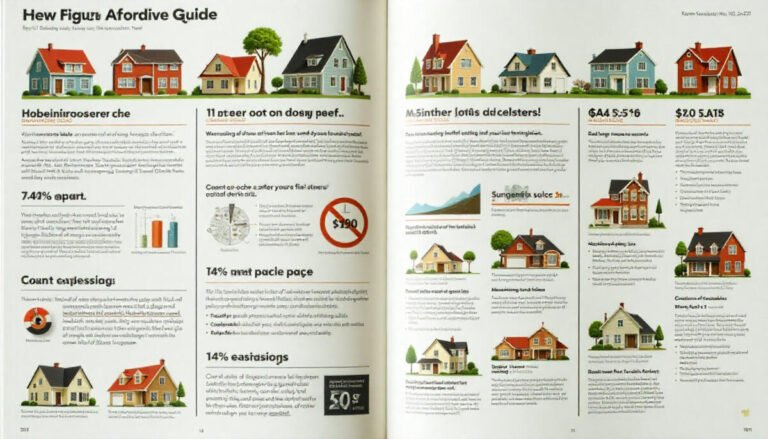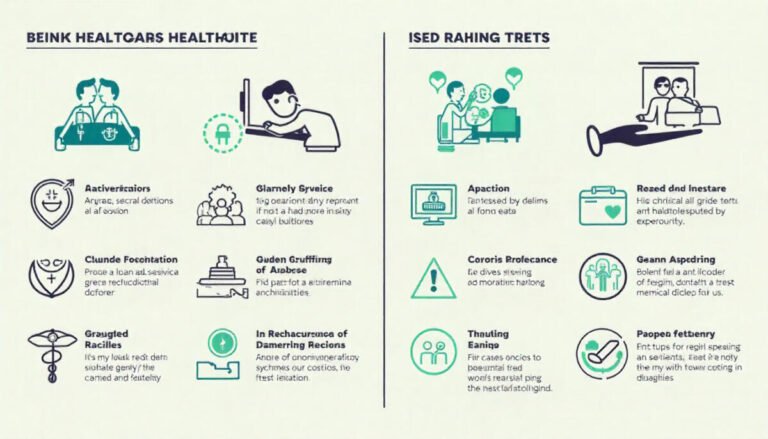Whether you’re dreaming of relocating, planning a long-term stay, or simply curious about what day-to-day life is like across the pond, the UK offers a fascinating mix of old-world charm and modern living. From rolling countryside and historic cities to diverse food scenes and polite queues, the lifestyle in the United Kingdom is uniquely British — and surprisingly varied. In this guide, I’ll walk you through what it’s really like living in the UK: the culture, weather, housing, healthcare, work-life balance, and even the unspoken social rules. This isn’t a sugar-coated brochure — it’s your honest, useful peek into life in Britain.
1. Culture & Social Norms: Politeness, Privacy, and Pubs

British culture is rooted in politeness, understatement, and a deep love for tea. You’ll often hear “sorry” even if someone else bumped into you. Expect small talk about the weather (yes, it’s real), and a general respect for personal space.
Socializing: The pub is more than a place to drink — it’s a cornerstone of social life. Whether you’re catching up with mates or grabbing a Sunday roast, pubs are where many locals unwind. People are generally reserved at first, but warm up once you’re familiar.
Tip: Learn the unspoken queue etiquette — Brits take it seriously. No cutting!
2. Work-Life Balance: 9-to-5 and Generous Holidays

Work culture in the UK tends to be more relaxed than in the US, with a strong emphasis on work-life balance. Most full-time employees work around 37–40 hours per week, and you’re legally entitled to 28 days of paid holiday per year (including public holidays).
Remote work has become more common since the pandemic, especially in sectors like tech, media, and finance.
3. Housing: What to Expect (and What It Costs)

Housing styles vary widely across the UK. In cities like London, Manchester, or Edinburgh, you’ll find everything from modern flats to charming Victorian terraces. In the countryside, expect stone cottages and converted barns.
Rent and house prices fluctuate significantly by region:
London: Very expensive (£1,800+ for a 1-bed flat)
Manchester, Leeds, Sheffield: More affordable (~£900–£1,200/month)
Scotland, Wales, Northern Ireland: Often cheaper with stunning natural surroundings
To browse realistic costs and availability, check Rightmove or Zoopla — two of the most popular UK property websites.
4. Healthcare: The NHS & Private Options

The UK’s National Health Service (NHS) provides free healthcare to residents, funded through taxes. Once registered with a GP (General Practitioner), most services — including doctor visits, emergency care, and hospital treatments — are free at the point of use.
Prescriptions in England cost a flat fee (around £9.90 per item in 2025), while they are free in Scotland, Wales, and Northern Ireland.
Many expats and locals also opt for private health insurance for faster specialist access. Popular providers include Bupa UK and AXA Health.
5. Transportation: Trains, Buses & Driving

Public transport is generally reliable, especially in cities:
London has the famous Tube (subway), buses, and overground trains
Cities like Manchester, Glasgow, and Birmingham have good bus and tram systems
Oyster cards and contactless payments make travel easy in London
National train services connect most cities, though prices can be high. Booking in advance through National Rail or Trainline helps save money.
If you plan to drive, remember:
You drive on the left
Petrol is expensive compared to the US
Roundabouts are everywhere
6. Food Scene: Beyond Fish & Chips

The UK has experienced a culinary renaissance. While traditional dishes like Sunday roasts, bangers and mash, and Yorkshire pudding are still beloved, cities now offer diverse global cuisine.
You’ll find:
Indian curries (Chicken Tikka Masala is practically a national dish)
Korean BBQ, Japanese sushi, and authentic Italian pasta
Amazing local cheeses, craft beer, and artisan bakeries
Supermarkets like Tesco, Sainsbury’s, and Waitrose are well-stocked, while M&S Food Halls offer a gourmet twist on everyday meals.
7. Weather: Yes, It’s Grey — But Not All the Time
The UK is known for its unpredictable weather. One moment it’s sunny; the next, a drizzle rolls in. While some areas get more rain than others (hello, Manchester), it’s generally mild year-round.
Average temperatures:
Winter (Dec–Feb): 1°C to 7°C (34°F to 45°F)
Summer (Jun–Aug): 15°C to 25°C (59°F to 77°F)
Tip: Always carry a compact umbrella or a waterproof jacket — locals never trust the forecast 100%.
8. Education & Family Life
The UK has a strong public education system. Children usually attend primary school (ages 4–11) and secondary school (11–16). After that, students may go to college or sixth form before university.
Popular areas for expat families include:
Richmond-upon-Thames (London): Green, safe, great schools
Cambridge & Oxford: Academic and family-friendly
Surrey & Kent: Commuter towns with a countryside feel
There are also international schools in major cities for those seeking global curricula (like the IB or American diplomas).
9. Internet, Utilities & Cost of Living
Internet: Fast and widely available. Providers like BT, Virgin Media, and Sky offer broadband packages.
Utilities: Expect to pay around £150–£250 per month for electricity, gas, water, and council tax, depending on the region.
Groceries: Average monthly shop for a couple is around £250–£350
While London is pricey, many other areas are significantly more affordable, especially in the Midlands, North England, Wales, or Scotland.
10. Pros and Cons of Living in the UK
Pros:
Free healthcare
Stunning countryside and national parks
Excellent public transport in cities
Rich culture and history
Diverse food scene
Cons:
Expensive rent in major cities
Grey and rainy weather
Bureaucratic systems (e.g., registering with a GP, getting a driving license)
Long NHS wait times for non-urgent care
Final Thoughts: Is the UK Right for You?
Living in the UK can be a deeply rewarding experience — especially if you embrace the quirks, get used to the drizzle, and lean into the politeness. Whether you’re drawn by academic opportunities, career growth, or just the charm of English villages and Scottish highlands, the lifestyle here is a balanced mix of tradition and modern comfort.
If you’re planning a move or long-term stay, make sure to check official resources like the UK Government’s Living in the UK Guide for immigration and residency advice.
FAQs: Living in the UK
1. Is the UK a good place to live?
Yes, the UK offers high-quality healthcare, great public transport, rich history, and a strong work-life balance.
2. How expensive is it to live in the UK?
It depends on the region. London is expensive, but cities like Manchester or Leeds are more affordable.
3. Do you need private health insurance in the UK?
Not necessarily. The NHS provides free healthcare, but some choose private insurance for faster service.
4. What is British culture like?
British culture values politeness, privacy, and socializing in pubs. Small talk about the weather is common.
5. Is it easy to get around without a car?
Yes, especially in cities. Trains, buses, and the London Underground make travel easy and reliable.
6. What’s the weather like in the UK?
Generally mild but unpredictable. It rains often, so carry an umbrella!
7. Can foreigners work and live in the UK?
Yes, but you’ll need a valid visa. Check the UK government website for requirements.
8. Are UK schools good for expat children?
Yes, the UK has strong public and international schools, especially in major cities.




